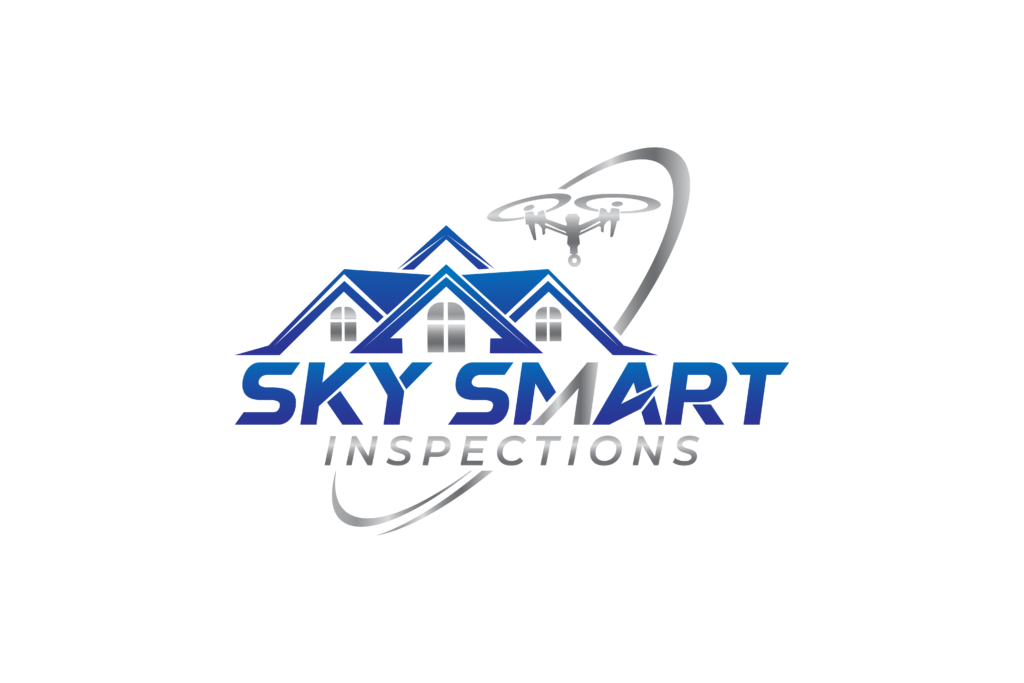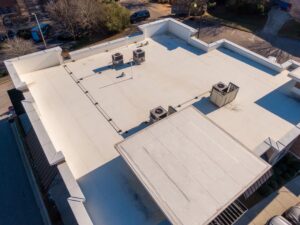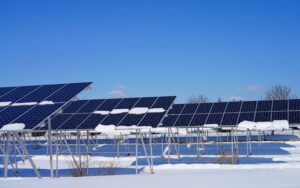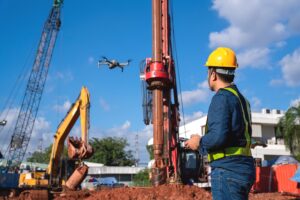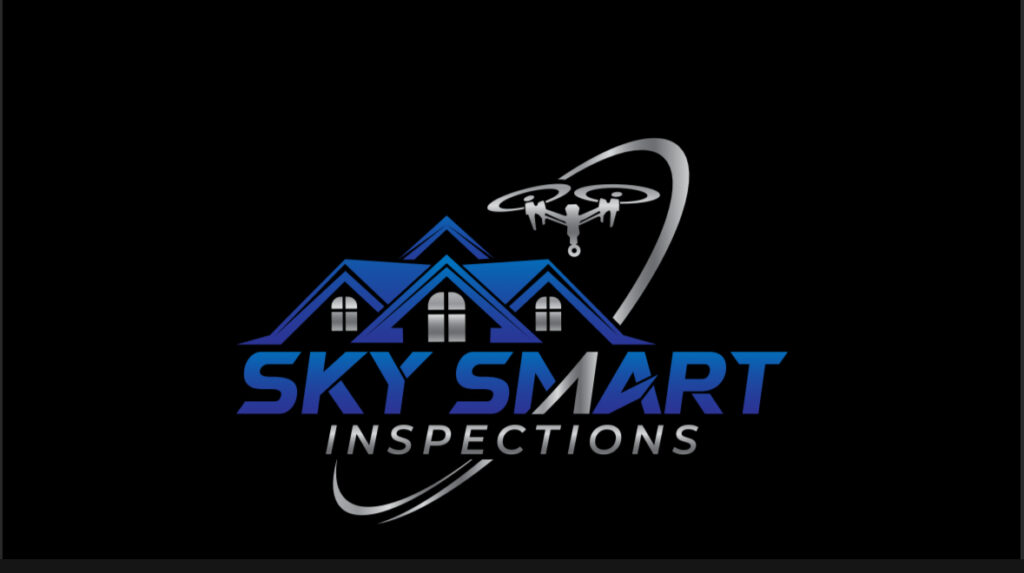July 14, 2025
The Importance of Regular Solar Roof Inspections After the Removal of Part 25D
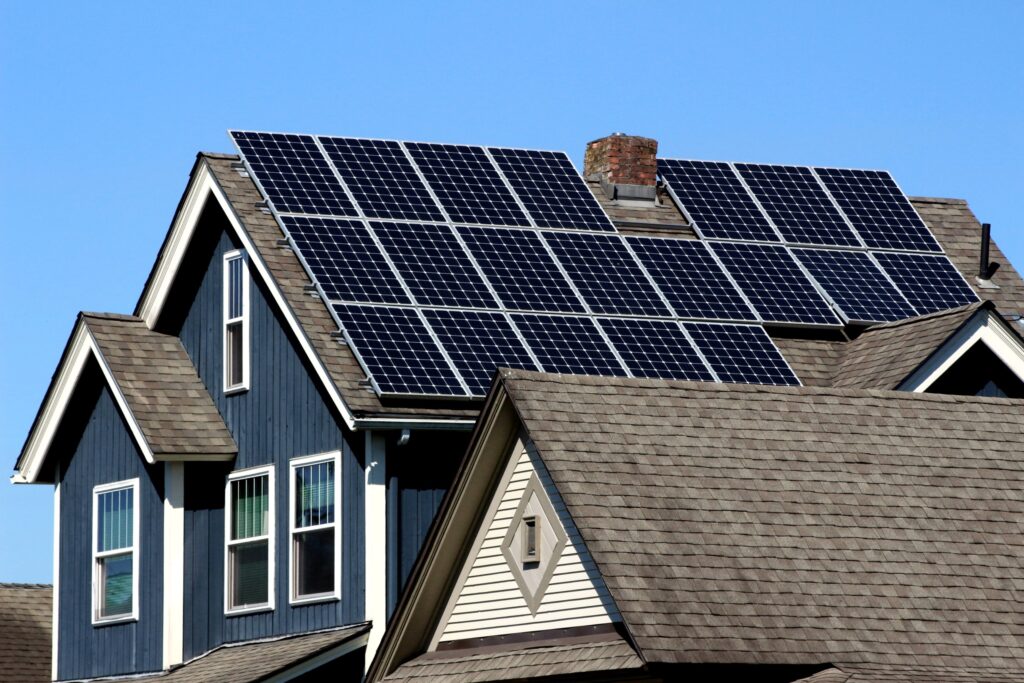
Drones
As solar energy becomes increasingly popular among residential and commercial consumers, the maintenance and performance of solar installations have taken on critical importance. With the recent removal of Part 25D, which previously regulated specific inspection protocols for solar systems, the responsibility for managing and maintaining these systems has shifted significantly to the consumers. At Sky Smart Inspections, we aim to clarify the increased responsibilities that solar consumers now face regarding regular roof inspections—particularly solar roof inspections—and how these changes can affect warranties and overall system efficiency.
Understanding Part 25D and Its Impact
Part 25D served as a regulatory framework that enforced guidelines for the inspection and maintenance of solar installations. It mandated that certain inspections be carried out by certified professionals, ensuring that solar systems operated safely and efficiently. With the removal of this regulation, the responsibility for monitoring, maintaining, and ensuring compliance with safety standards has fallen squarely on the shoulders of solar owners. This transition offers more flexibility but also requires consumers to be more engaged and proactive in managing their solar assets.
Increased Consumer Responsibility: What’s Changed?
1. Shift from Regulated Inspections to Self-Management
Previously, many inspections were mandated and conducted by certified professionals, ensuring that solar systems were regularly checked for safety and performance. With Part 25D removed, consumers are now responsible for scheduling and conducting these inspections. This shift requires homeowners and business owners to actively manage their solar systems, ensuring they remain in good condition and function optimally.
2. Greater Need for Knowledge and AwarenessUnder the previous regulatory framework, many consumers relied on professionals for guidance regarding maintenance. Now, solar owners must educate themselves about their systems, understanding how various factors can impact performance. This includes recognizing the signs of wear and tear, knowing the best practices for maintaining solar panels, and being aware of environmental impacts like shading and debris accumulation. This increased responsibility demands a commitment to learning about solar technology and its maintenance.
3. Financial Implications of Neglect
The financial ramifications of ignoring regular inspections are now more pronounced. Without the oversight that Part 25D provided, neglecting maintenance can lead to decreased system efficiency. For instance, if a solar system typically generates 300 kWh per month but experiences a 20% drop in efficiency due to lack of maintenance, the consumer could miss out on 60 kWh of energy production. At an average utility rate of $0.12 per kWh, this amounts to a loss of $7.20 per month or $86.40 annually. Over several years, this could lead to significant financial losses, underscoring the importance of regular inspections.
4.Focus on Safety and Structural Integrity
The removal of Part 25D means fewer checks regarding the safety and structural integrity of solar installations. Consumers must now prioritize the condition of their roofs to ensure they can support solar panels and are free from leaks or structural weaknesses. Regular inspections are essential not only for the solar system but also for the safety of the building’s occupants. For example, failing to identify a roof leak could lead to water damage that requires extensive repairs, potentially costing thousands of dollars. Regular inspections can help prevent such costly issues.
5. Compliance with Local Building Codes
While Part 25D provided a federal framework, local building codes and safety standards still apply. Consumers are now responsible for ensuring their solar installations comply with these regulations. Regular inspections can help document adherence to these codes, which is important for insurance purposes and property transactions. If a consumer fails to comply with local regulations and faces fines, it could lead to unexpected financial burdens.
6. Impact on Property Value
A well-maintained solar system can enhance property value, but homeowners must actively manage this aspect. Regular inspections not only protect the investment but also provide potential buyers with assurance regarding the system’s condition. Without the previous regulatory oversight, the burden of maintaining the solar system now rests entirely on the consumer, making it imperative to prioritize regular inspections
Implications for Solar System Warranties
The removal of Part 25D has significant implications for solar system warranties. Many warranties require regular maintenance and inspections to remain valid. Here are key considerations regarding warranties in light of these regulatory changes:
Documentation and Record-Keeping
Consumers must maintain thorough records of all inspections and maintenance performed on their solar systems. Without mandated inspections, warranty providers may require documentation to validate any claims. For example, if a solar panel fails and the consumer cannot prove that they have conducted regular maintenance, they may have to cover repair costs out of pocket, which could be substantial depending on the issue.



2. Increased Scrutiny for Claims
Warranty providers may impose stricter criteria for claims due to the absence of mandated inspections. If a consumer cannot demonstrate that they have adhered to a regular maintenance schedule, warranty claims for repairs or replacements may be denied. This could result in significant out-of-pocket expenses; for instance, if a solar inverter fails and replacement costs $1,500, the consumer would bear that cost entirely if their warranty claim is denied.
3. **Potential for Warranty Gaps*
The removal of regulatory oversight may create gaps in warranty coverage if consumers fail to conduct necessary inspections. It is crucial for solar owners to understand the specific terms of their warranties and ensure compliance to avoid unexpected costs associated with repairs. Neglecting routine inspections could lead to situations where warranty coverage is voided, leaving consumers financially vulnerable.
Conclusion
With the removal of Part 25D, the responsibility for maintaining solar systems has shifted significantly to the owners. Regular solar roof inspections are now critical to ensuring your investment remains protected and efficient. By prioritizing these inspections and understanding their implications for warranties, consumers can avoid unexpected costs and maximize the benefits of their solar energy systems. For more information on our solar roof inspection services or to schedule an appointment, contact Sky Smart Inspections today! Let us help you safeguard your solar investment and ensure your system continues to perform at its best.
About Us
Delivering breathtaking aerial views with precision and creativity. Your vision, our lens
Contact
Explore
Support
Copyright © 2025 SmartSky
